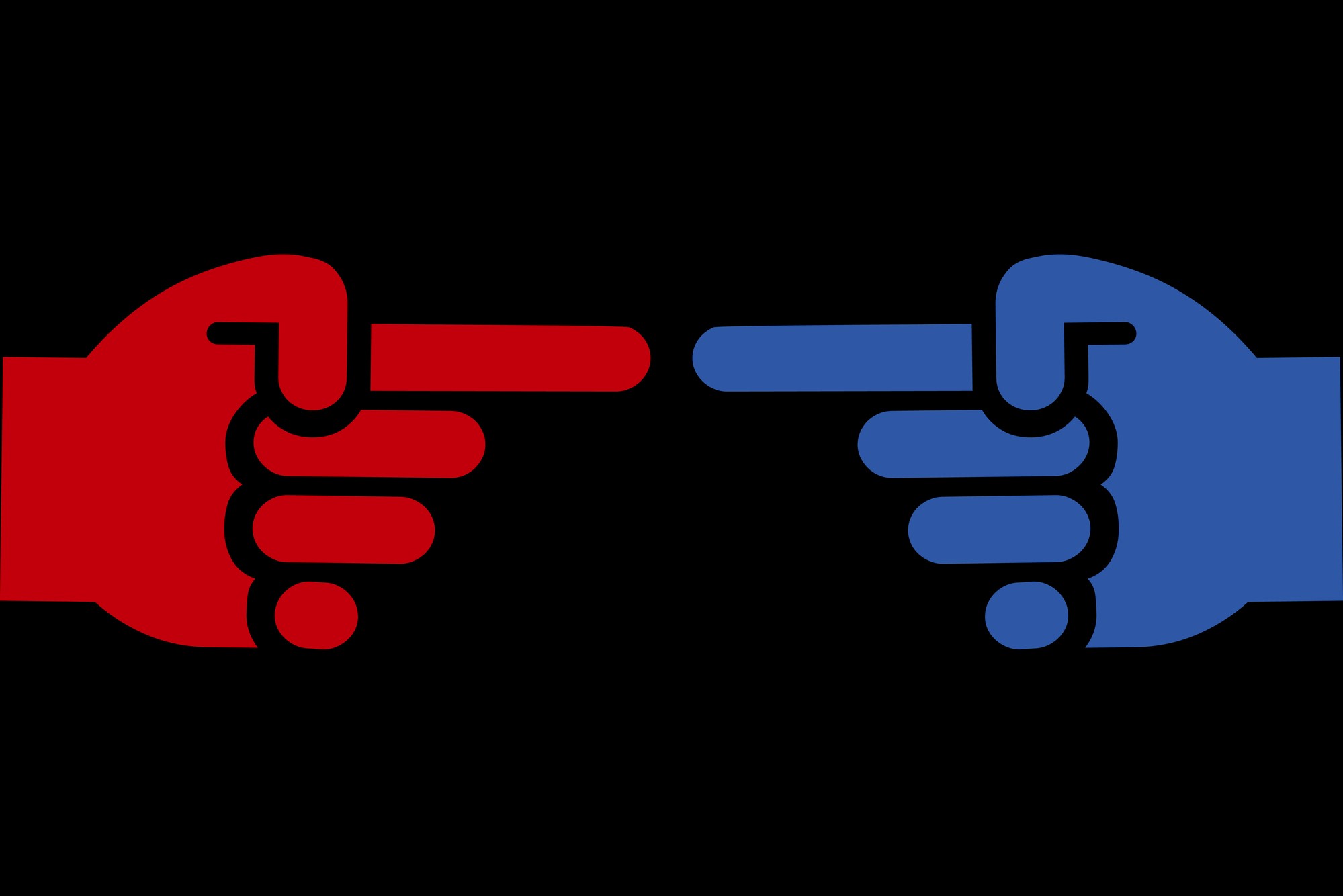Why Give $75 Million to Philosophy?
When Bill Miller, a wealthy businessman, recently made a $75 million donation to the philosophy profession—specifically, to the Johns Hopkins philosophy department—philosophers rejoiced in unison, right? Not exactly. Some rejoiced while others engaged in a debate. Mike Huemer, a philosopher at the University of Colorado, kicked it off in a Facebook post, which was reposted at the What’s Wrong? blog.
Huemer noted that the donation, though huge, will certainly not transform philosophy: it will just add nine new positions at Johns Hopkins and increase funding for graduate students. More philosophy will be produced, but that’s not a “social benefit,” he writes. So much philosophy is already published that it doesn’t get read, and besides, “most philosophy that people write is false.” How could it be otherwise, considering that on any given subject, different philosophers make contradictory claims? On the other hand, $75 million could have been used to save 25,000 lives, by one estimate (the charity watchdog GiveWell claims that it takes about $3000 to save a life).
Is it reasonable to use a strict Utilitarian standard to judge Bill Miller, and insist that he generate the greatest amount of good with his wealth? Huemer is not really applying such a standard. He doesn’t think we must always maximize utility. This is how he makes his point: “when you are *specifically giving to charity*, I tend to assume that the purpose is to do good for others.” If that’s your purpose, “it’s just irrational to give to a philosophy department.”
Huemer says that If Miller wasn’t trying to do good for others, but rather just expressing appreciation to the philosophy department at Johns Hopkins, where he studied philosophy, it would have made sense to send money to specific individuals he appreciated. But on no supposition does it make sense to give $75 million to the philosophy department as a whole.
A number of philosophers responded with a convincing defense of philosophy’s value, but my reaction is to wonder why Huemer puts Miller’s donation in the colorless category of “giving to charity,” thus holding him to the standard that he ought to do as much good as possible for others. Clearly, it wouldn’t be “giving to charity” if Miller had bought himself a new mansion. He preferred to have (in some clear enough sense of “have”) nine working philosophers, new members of “The William H. Miller Department of Philosophy.” This seems like charity since Miller won’t be consuming the philosophy he pays for in quite the way he could have consumed the luxury amenities of a new mansion. But how should we understand this sort of giving?
It makes sense to place spending on a continuum. You could spend money on a chandelier. Then again, instead of the chandelier, you could get a Steinway piano—a thing with more value, though this is still private consumption. Instead of the Steinway, you could invest in something you consume but others do as well: a chunk of your local concert hall. As a wealthy person moves from spending on private, not-so-valuable things (the chandelier) to public, more valuable things (the concert hall), he or she seems more admirable, but needn’t have entered the realm of sheer beneficence. The chandelier-consumer is clearly feathering his own nest, but the concert hall supporter is in some sense feathering a larger nest he occupies—with better feathers.
It’s the same with philosophy-related expenditures. It’s a step up to spend money on philosophy books instead of fancy sheets. It’s another step up to sponsor a philosophy conference so that others get to consume and produce philosophy. But such a venture would still be an expression of one’s own interests and passions, not a manifestation of a decision to become a pure, disinterested Charitable Giver, ready to give in whatever way does the most good. Bill Gates comes to mind as the paragon of disinterested giving, and there’s no reason to think Bill Miller is a Bill Gates.
In fact, funding the activities of a philosophy department makes one quite a bit like philosophers themselves—people who invest their time and energy, not to mention money, in producing and consuming philosophy when they could have had careers in directly fighting poverty or disease or injustice. The choice of a career is rarely made with an eye to maximizing utility. We choose careers to “become who we are” (to borrow a phrase from Nietzsche). But likewise, very rich people (often) make donations to become who they are. Thus, if there are special standards appropriate for judging charitable giving, there’s no reason to apply them to Bill Miller.
Of course—and this is more than Huemer claims— it’s possible that he should have engaged in genuine charity, and also possible that each of us should also choose our careers with an eye to maximizing utility. If that’s plausible, it’s not just Bill Miller who ought to think hard about his donation, but each student who should think hard before embarking on a career in philosophy. We can’t fault Miller’s choice to fund philosophy without worrying about the choice to do philosophy.





